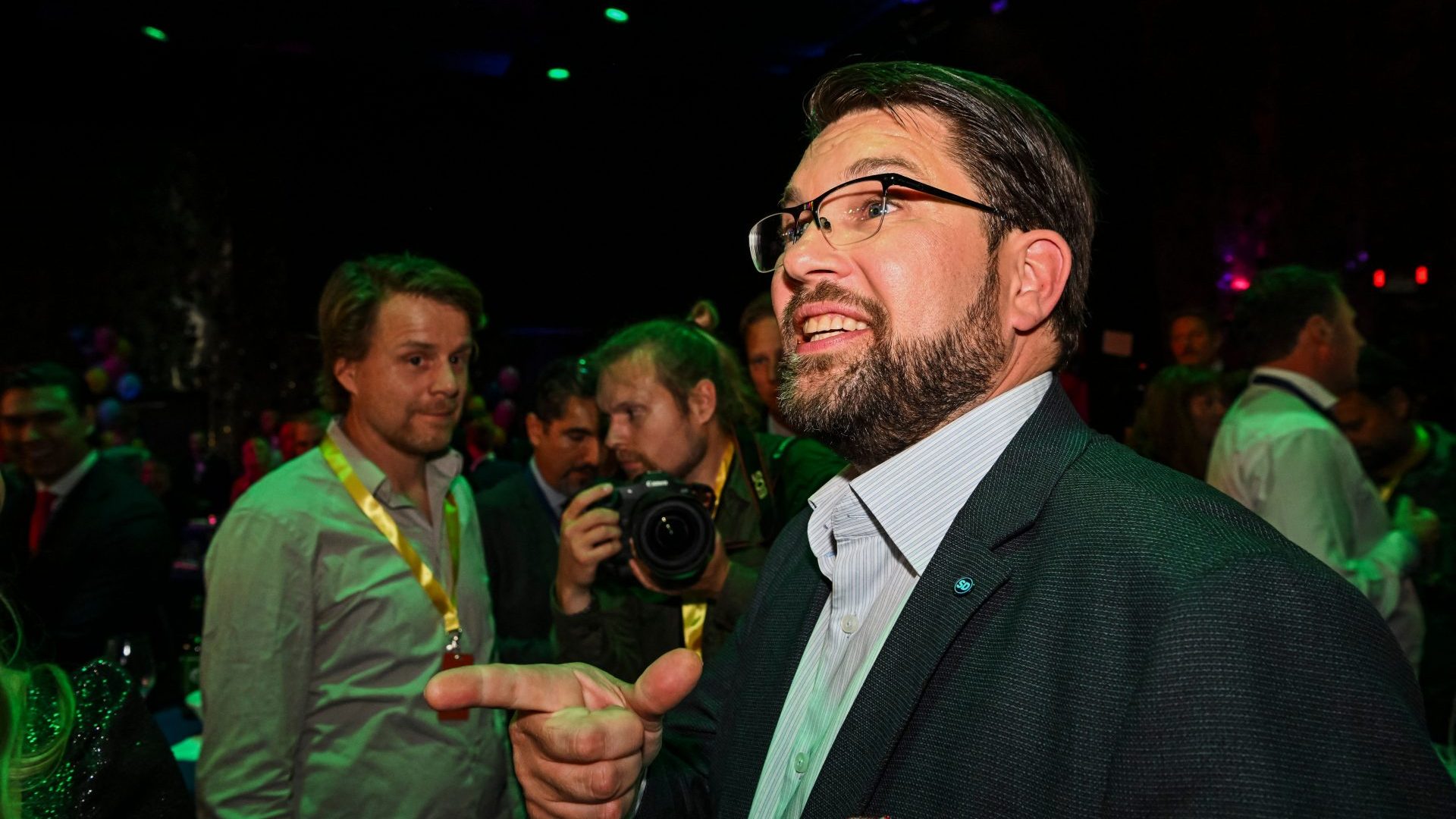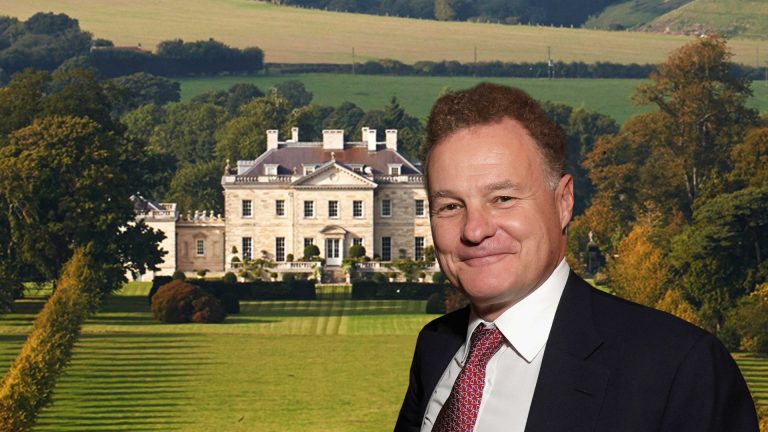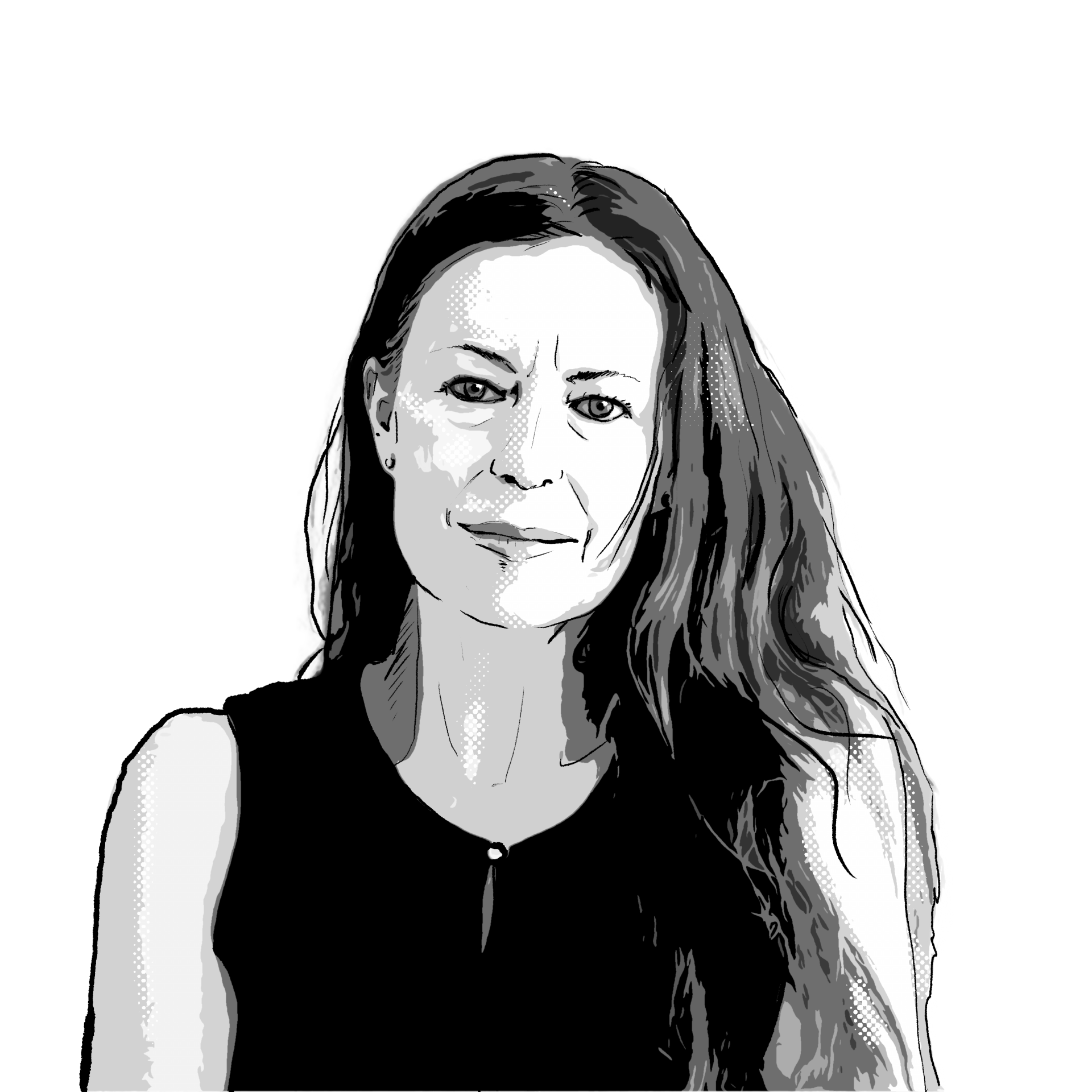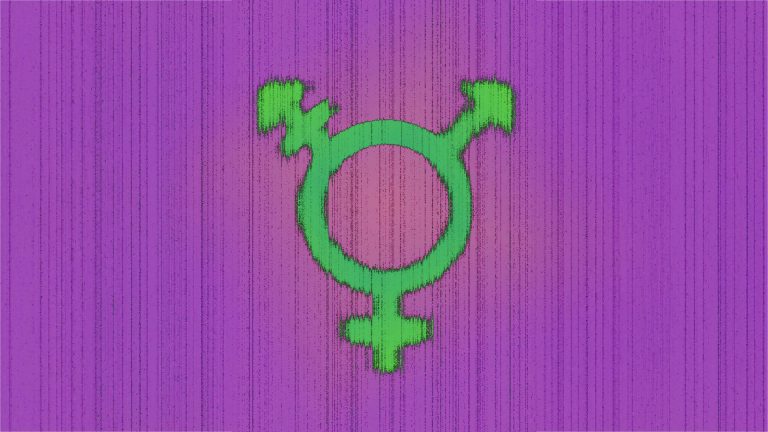Europe’s citadel of social democracy is falling. Sweden, long a byword for tolerance and moderation in politics, has shifted rightward, with the hard right, anti-immigrant Sweden Democrats (SD) surging towards becoming the country’s second largest party and poised to influence government policy for the first time.
The party effectively promising to make “Sweden Great Again” looked set to take more than 20% of the vote, as the right-wing electoral coalition to which it belongs got within a whisker of ousting the government of prime minister Magdalena Andersson — to the horror of Swedish and European progressives.
It’s seismic for a country where social democrats have won every election since 1917 and led governments for most of the past century to embrace a political entity rooted in late 1980s neo-Nazi groupings.
The election is still too close to call, with the full results unlikely to be declared until later this week and weeks of tortuous negotiations expected after that. But with more than 95% of the votes counted, the right-wing coalition is projected to win one more seat in parliament than the leftist alliance. Andersson’s party is in first place, but her allies did not poll well enough for a win.
The ecstatic SD leader Jimmie Åkesson told supporters: “Right now it looks like there will be a change of power. Our ambition is to sit in the government.
But he’s not expected to become prime minister, even though his party polled best out of the right-wing grouping – the other parties in the alliance have said the would refuse to even let him into government. Instead, the bloc’s premier would be Ulf Kristersson, head of the conservative Moderates, which led the right-wing coalition, who said: “I am ready to do all I can to form a new, stable and vigorous government for the whole of Sweden and all its citizens.”
Even so, the SD are likely to exert direct influence on policy, including crime and immigration. The latter is also tightly linked to Sweden’s Nato membership process, which Turkey has threatened to veto over Sweden’s support for Kurdish minorities critical of Ankara. A party that wants zero immigration and plentiful foreign deportations might be more receptive to Turkey’s extradition demands.
The results may be shocking for Sweden, but they do fit with the rightward drift of European politics over recent years. Italy could be next as it looks likely to put Giorgia Meloni and her post-fascist Brothers of Italy party in power later this month following an astonishing rise from near obscurity.
The populist right is also gaining ground in Spain, and came home strongly in Hungary’s elections earlier this year, raising serious questions for the continent’s centre-left over its failure to find sufficiently convincing responses to the touchstone issues for voters today. It’s a problem pertinent to the UK’s Labour, too, as they still haven’t found the punchy, popular ideas that will help them score convincingly into the open goal of a Liz Truss government.
As the academic Matt Goodwin, author of several works on populism, said on Twitter: “If Sweden exit poll is right this will be the strongest ever result for the national populist Sweden Democrats – after similar highs in France, Portugal, Spain, Hungary, & soon, Italy. Little evidence Covid killed populism; more evidence it’s here to stay.”
Another academic, UCL’s Mart Kuldkepp, suspected foul play might also be partly behind the SD’s rise, touching on earlier reports of foreign far-right online activity: “The likely victory of Sweden Democrats in the Swedish national elections means that Swedish politics is now going to have a very different face form the one most people are used to. What role Russian meddling might have played in the vicious election debate remains to be seen.”
Sweden’s heated election campaign was dominated by the right-wing pet peeves of immigration and law and order, even as the Ukraine war and mass impoverishment faced through rising energy prices were topping the agenda. This is tied primarily to the gang violence that has been burgeoning in recent years, which has largely been blamed on ghettoized immigrant communities.
Although Sweden was for a long time a fairly homogenous country, it has seen a growing stream of arrivals, from labour migrants in the 1960s to the embrace of Syrian refugees during the 2015 refugee crisis, when Stockholm adopted Germany’s near-open door policy at the time. They took the highest number of refugees per capita in Europe and were applauded for the generosity. Now they appear to be paying the price of a failure to properly adapt to a multicultural society.
The far right painted Sweden as the poster child of immigration gone wrong — an embellished tale bathed in schadenfreude that led to the infamous – and untrue – 2017 comments by President Trump about a night of rampaging violence by refugees.
The problem is much more complex than the simple xenophobic, Islamophobic arguments of the right, which choose to blame Middle Easterners for many of the country’s ills. Yet one of the highest-profile recent murders was that of the rapper Einar, who was gunned down last year in a suspected gang hit as he stood outside his house with another rap musician affiliated with a gang called Death Patrol. The unsolved murder put a different face on the general conception of this violence as confined to migrant ghettos.
Still, it is true that integration policy has failed for many migrants, with several forming segregated communities. Although the gun violence is not exclusively theirs, some disaffected young men from these communities have sought a sense of belonging within organised criminal gangs. These gangs have grown the drug trade and played a big role in a rising tide of shootings and even bombings in recent years – mostly in predominantly immigrant suburbs of big cities, particularly Stockholm, Gothenburg and Malmo.
Gun deaths tripled in Sweden between 2012 and 2020. This year has seen almost 50 deadly shootings so far, and 2022 is on track to become the worst year on record for violence. Sweden, once among the safest countries in the world, has become known for violence, despite its strict gun laws.
“I don’t recognize Sweden any more,” Swedish-Ethiopian journalist Jim Stenman wrote this week, saying that even naturalized Swedes from Middle Eastern backgrounds were turning to the far-right in an effort to limit immigration.
Sweden’s National Police Commissioner Anders Thornberg said last year he feared increasing gang violence could threaten the country’s democracy if “certain groups” continued to “stand outside” of society, meaning immigrants in disadvantaged areas. In the Financial Times he blamed the emergence of “vulnerable areas” on Sweden’s failure, with “failing schools, feelings of exclusion, unemployment, lack of adult role models” preventing young men from integrating.
The social democrats, which have been in power since 2014, have presided over, and failed to reverse, this tide of aggression. During the election campaign, Andersson turned to right-wing tropes on law and order and immigration as she battled the far-right’s growing popularity. She has said she will abandon Sweden’s soft, rehabilitative penal code, in an echo of the demands by the Sweden democrats. Sweden has already expanded its terrorism laws and tightened its rules for refugees in an effort to deal with the problem.
But a crackdown on refugees and other forms of migration, or the mad dash to deport foreigners rarely works – just ask Priti Patel. What Sweden needs is a better way of understanding and integrating its immigrant population – something that would benefit the wider population as well as refugees and other migrants.
As Stenton wrote: “I’m convinced we need to forge a more inclusive national identity that recognizes the demographic changes of recent decades, while also embracing the unique dual heritages now present throughout our country. It is only by recognizing who we are that it’s possible to create a society that doesn’t breed exclusion or worse, crime.”
Sweden has a long history of tolerant, pacifist politics. The legendary social democratic prime minister Olof Palme, who dominated politics in the 1970s and 1980s, wanted to make his country a moral leader in the world. It seems a long way from that now, as Sweden joins the many European countries still tempted by hardline right-wing politics.
None of these leaders have solved the problem of social cohesion, instead inflaming the situation further. Yet despite some progressive hope that the mood was shifting back to the centre after Emmanuel Macron saw off the rightist Marine le Pen in the French presidential elections, social democratic Olaf Scholz triumphed in Germany and Norway’s Labour ousted the conservative incumbent, the far-right continues to threaten, this time in the guise of a reformed, revamped, softer conservative entity.
This is what Akesson has done, this is what Italy’s Giorgia Meloni is presenting, and this is what le Pen offered in France. It begs the question — is this anything other than smoke and mirrors? The jury’s out, but this ‘detoxification’ has begun to convince. Remarkably for parties with past associations with neo-Nazis and fascists, they are being described as centre right, or just conservative. But as their anti-immigrant, anti-LGBT views remain strong, that might be just as much about the way politics in general has shifted to the right as it is a profound change for the better in these parties.
As their experiment with a far right influence in government looks to begin, Swedes will be hoping that it is the latter.












